November 9, 2014 will be remembered for decades to come as the day when Myles Munroe, preacher, author, and motivational speaker, died – with his wife and only daughter – in a plane crash in his home country, Bahamas.
There was a similar tragedy almost about the same time 19 years ago in Nigeria Africa – Africa and the rest of the world took notice as well – as the “sun of Africa”, Kenule Beeson Saro Wiwa, was gruesomely hanged to death with other members of the ‘Ogini Nine’.
Born to an Ogoni chieftain, Jim Wiwa, Ken Saro-Wiwa was a Nigerian author, television producer, and environmental activist who was executed by General Sani Abacha on November 10, 1995, due to his fierce opposition to the travails of Ogoni people in the hands of the “colonial” oil masters, who extracted oil from the region but left its people to grapple with the ills of environmental pollution caused by the poor methods of extraction.
Saro-Wiwa had his childhood like most young chaps of his days in an Anglican home where he stood out as an excellent student at Government College Umuahia and consequently obtained a scholarship to study English at the University of Ibadan.
Advertisement
As he aged on, his life, like the nest of a weaverbird, was woven around the survival of Ogoniland and its salvation from the stranglehold of wasteful dumping of crude oil waste. In the early 1990s, the drums of his opposition grew louder as he became the president of an organisation he co-founded, the Movement for the Survival of the Ogoni People (MOSOP).
Saro-Wiwa towed the line of Leo Tolstoy, Mohandas Ghandi and Martin Luther King, leading his people in nonviolent protest against environmental degradation, which was quickly turning Ogoniland and water into an official environmental dead zone. He protested the operations of the multinational petroleum industry, with special attention on the Royal Dutch Shell Company.
Saro-Wiwa was so staunch in his belief for a better Ogoniland that he once said: We either win this war to save our land, or we will be exterminated, because we have nowhere to run to.
Advertisement
In the early 70s, he served as the regional commissioner for education in the Rivers state before his dismissal in 1973 because of his support for Ogoni autonomy. He returned to governance in 1987 when he was appointed by Ibrahim Babangida to aid the country’s return to civilian rule. But he soon resigned with the opinion that Babangida was not ready for the transition, which was later proven with the annulment of the 1993 election believed to have been won by Moshood Abiola.
In January 1993, Saro-Wiwa’s MOSOP organised peaceful protests involving more than half of Ogoniland. The more-than-300,000 Ogoni people involved in the protest drew international attention but also led to a military clampdown of the region.
Like many political groups in Nigeria, MOSOP had factions, which confronted the leadership of Saro-Wiwa. On May 21, 1994 four of Saro-Wiwa’s opponents were brutally murdered in an ambush led by a MOSOP splinter group. The Nigerian government laid the blame on Saro-Wiwa, who they arrested along with eight of his colleagues, later dubbed the ‘Ogoni Nine’.
He was tried before a military tribunal led by Ibrahim Auta and declared guilty. In the court, he left a message for his nation and generations to come:
Advertisement
Any nation which can do to the weak and disadvantaged what the Nigerian nation has done to the Ogoni, loses a claim to independence and to freedom from outside influence…. We all stand on trial, my Lord, for by our actions we have denigrated our country and jeopardised the future of our children.
On November 10, 1995, Saro-Wiwa and his eight colleagues were hanged in Port Harcourt, Nigeria, despite widespread international protestations. Before this date, he wrote a satirical piece titled Africa Kills Her Sun, which predicted his death.
Though Shell, in an out-of-court settlement agreed to pay out $15.5m (N2.3bn) to relatives of the ‘Ogoni Nine’, Saro-Wiwa’s death still leaves a scar on the conscience of the Nigerian nation, and cries for environmental cleanliness in Nigeria’s oil rich region.
“Dance your anger and dance your joys, dance the guns to silence, dance dance dance,”Saro-Wiwa once said.
Advertisement
The question to ask Nigeria is: have the guns been danced to silence?
Advertisement
2 comments

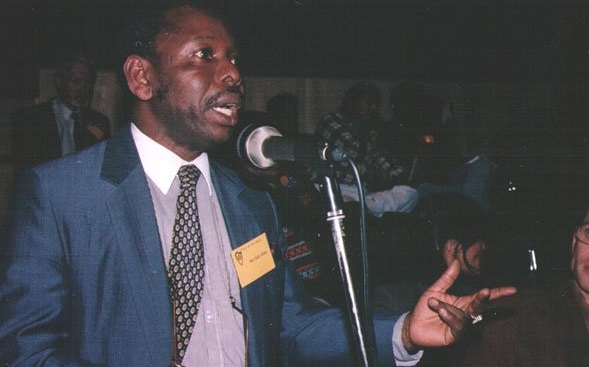
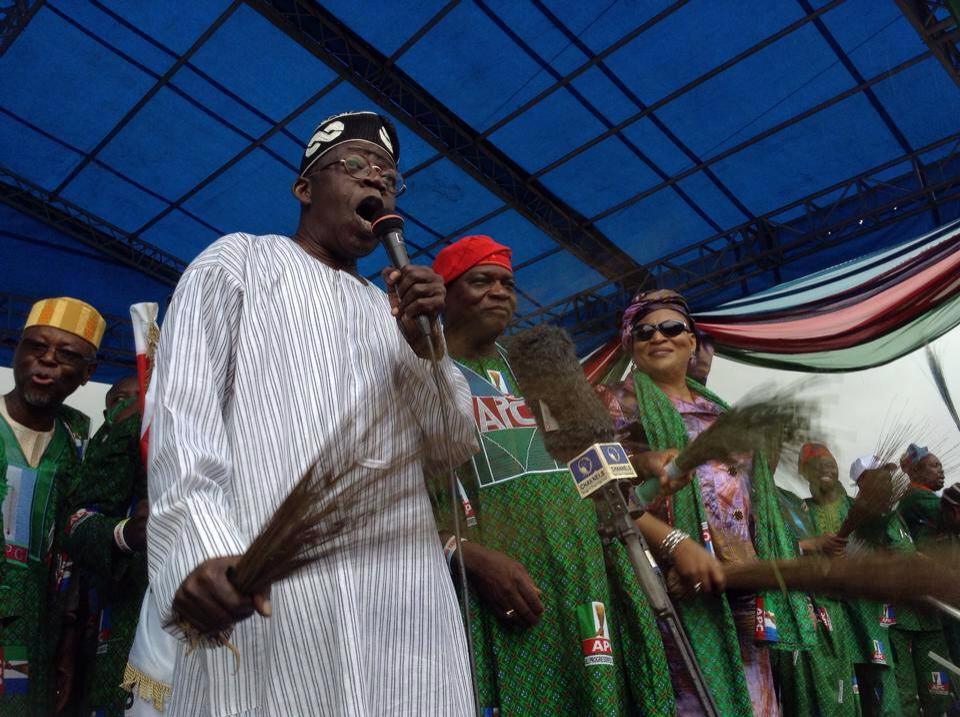
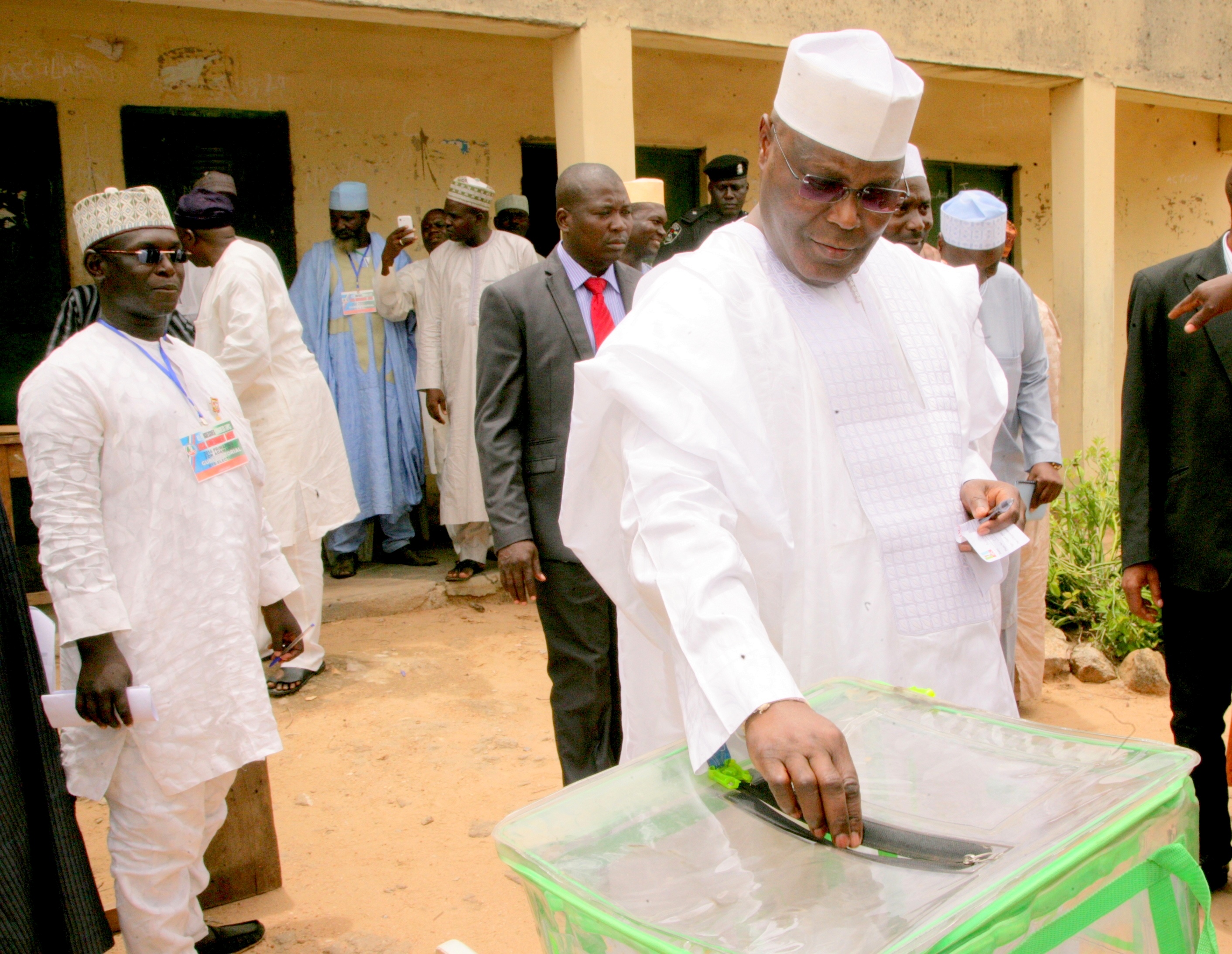


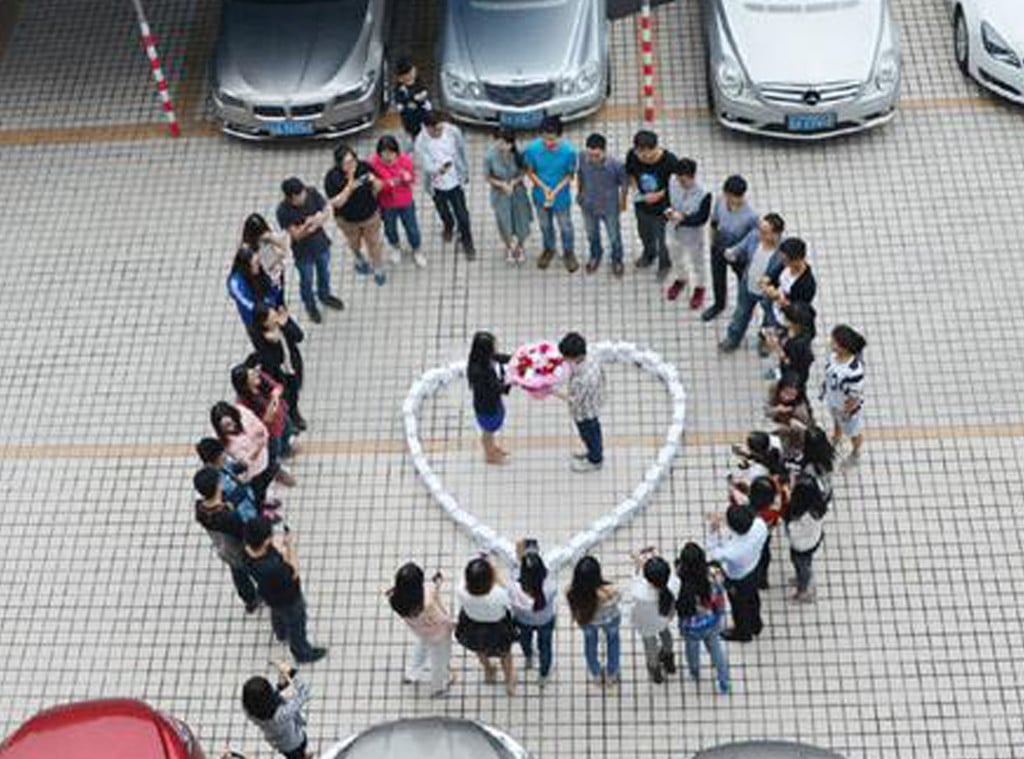
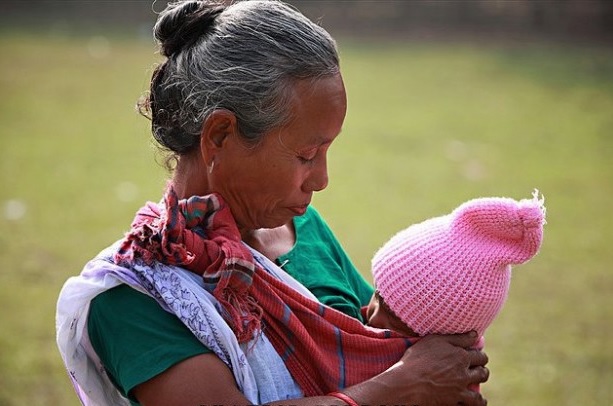
May his so rest in perfect peace
A fantastic news platform. I’m proud of you guys.